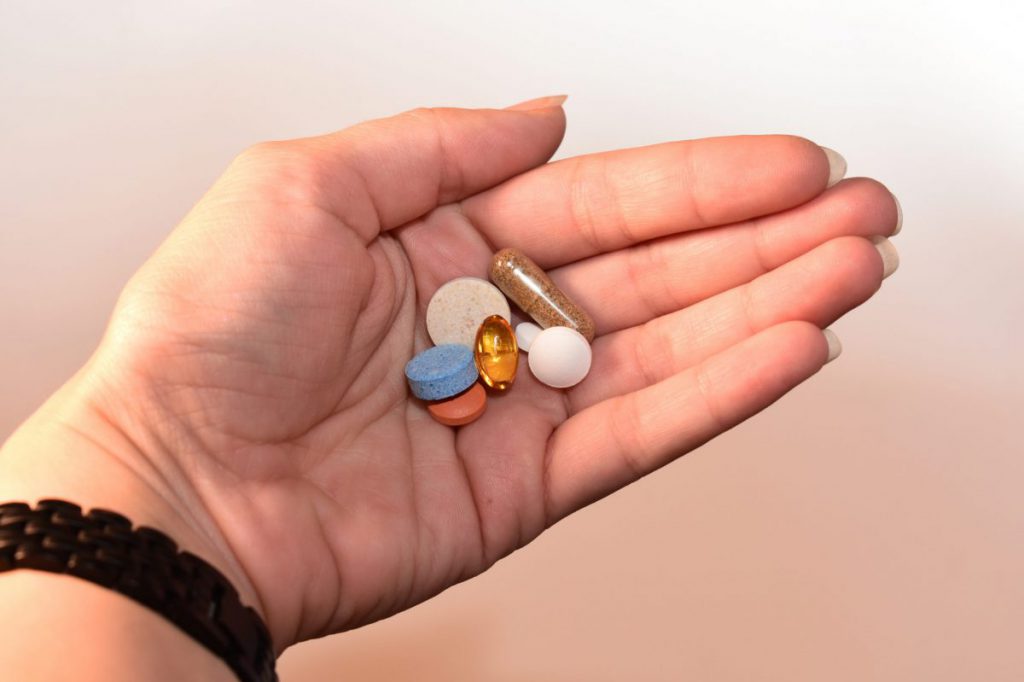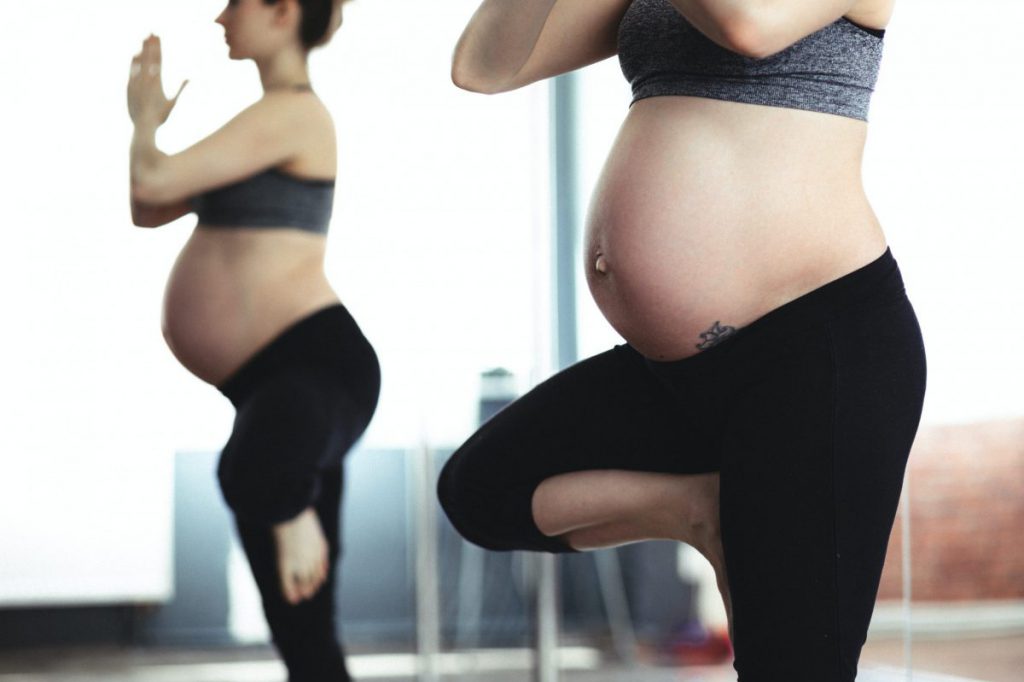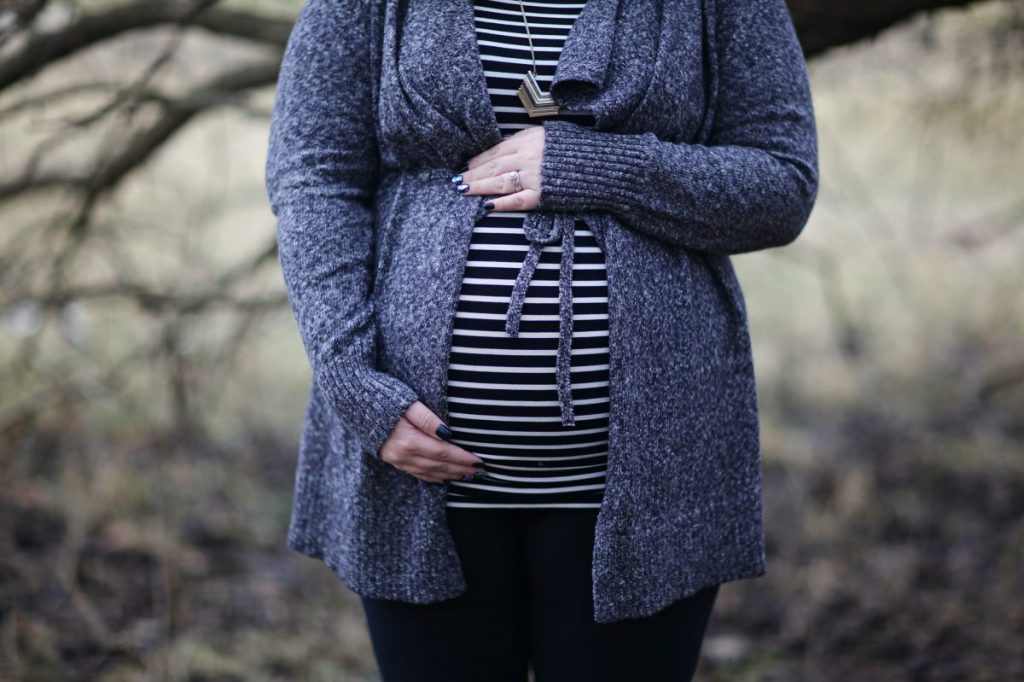
Why Nutrition During Pregnancy is so Critical
LAST UPDATED: November 10, 2022
Pregnancy is a time of change. As a new life grows inside of you, your body goes through steps to accommodate it. During this time, it is imperative to follow a healthy diet and take the supplements necessary for maintaining your health.

What you eat and drink goes directly into the baby’s bloodstream, so excellent nutrition in pregnancy is critical for both mom and baby. This blog post discusses the importance of prenatal health and how nutrition and the supplements you take play an important role in a healthy pregnancy.
What are the best vitamins for pregnancy?
Peoples’ bodies change a lot during pregnancy, thus their nutrient needs also change to support them during this time. Pregnant women should take the right vitamins and supplements to ensure they are getting all the essential nutrients needed for their baby’s development. A large number of pregnant women don’t know what types of vitamins they need, or how much to take. Below, we will discuss the basics of essential vitamins, and the side effects that might occur if you do not get enough of certain nutrients.
Folic Acid
It’s been said a million times, folic acid is key when expecting a baby. Folate has been shown to decrease the risk of premature birth, and prevent neural tube defects. Demands for folate increase during pregnancy because it is also required for the growth and development of the fetus. This B-vitamin is crucial for a healthy baby and while vitamins shouldn’t replace a well-balanced diet, taking them can give your body — and your baby — an added boost of vitamins and supplements.
Vitamin D
Vitamin D is important for pregnant women because it helps the body absorb calcium. Low vitamin D levels can lead to osteoporosis, which could cause problems with your bones and teeth. It can also help the baby’s brain develop properly. It’s possible that low vitamin D levels during pregnancy may increase the risk of preeclampsia or gestational diabetes.
Calcium
Calcium is an absolutely essential mineral for pregnant women. It helps with the development of bones and teeth in a fetus. If you are deficient in calcium, it can lead to complications during pregnancy such as preeclampsia or premature births. Calcium is also important because it improves sleep quality and reduces stress levels.
Iron
Iron is essential for pregnant women because it helps prevent anemia and fatigue. If you are vegan or vegetarian while pregnant, you should especially take iron to ensure your levels are kept in check and you feel more active.

Healthy foods and tips for a balanced lifestyle
It is necessary to complement your vitamin intake with healthy foods in order to achieve a balanced diet and lifestyle. Pregnant women should eat lots of vegetables and fruits to provide them with the vitamins they need. Dairy products are also important in pregnancy, but only low-fat options. Additionally, as we said, a pregnant woman’s body needs more iron than usual because it’s making new blood cells to support the baby
You can get iron from many different sources, including red meat, seafood, beans and peas, soybeans and tofu, and green leafy vegetables like spinach and kale. Other crucial foods containing this mineral are poultry, fish, eggs, legumes (beans), and fruits such as oranges and grapefruit.
Eating foods rich in vitamin C along with your iron-rich food will help your body absorb more of the vitamin so eating citrus fruits like oranges or grapefruit with a meal high in iron is recommended. The best way for pregnant women to get enough vitamin D is by eating foods with eggs, milk, orange juice, salmon and tuna fish. Lentils and avocado are rich in folate, and vitamin B6. Some lean meats can help build the amino acids in protein as they are the building blocks of every cell in both your body and your baby’s. Nuts are essential to obtain vitamins and minerals like potassium, zinc and vitamin E, as well as protein, fibre and healthy fats.
Personalized nutrition and exercise plans are also crucial to maintaining the health of the mom and the baby. These help in better development and ease down the possibility of any complications during birth.

Risks of not having a healthy vitamin intake
The risks of not taking the right vitamins/supplements or following a prenatal nutrition regimen are incredibly relevant. Iron deficiency can cause anemia, which can lead to premature delivery or low birth weight. Vitamin D deficiency during pregnancy can lead to low blood calcium levels in newborn infants and contribute to osteomalacia, or weak bones. A lack of B Vitamins can cause fatigue and slow down the process of converting food into energy, maintain nerve tissue, and produce red blood cells. A deficiency in these vitamins and supplements can lead to complications that may cause difficulties in the short and long term.
For optimum health and wellness, it is also important to avoid some foods and avoid too much of a specific supplement. Some foods to avoid while pregnant include undercooked or raw fish, undercooked, and processed meat, unpasteurized milk and foods made with unpasteurized milk, raw eggs. Do not eat sushi made with raw fish (cooked sushi is safe). It is important to also note there are some side effects to taking too much iron but these usually only happen if you’re on blood thinners which would require medical supervision, and a lack of calcium may lead to depression, anxiety, mood swings, and irritability.

The benefit of Autumn DNA during your pregnancy
Pregnant women are often encouraged to take vitamins and supplements, but many of them don’t know what that means or why they should be taking the vitamins. A personalized nutrition plan, including custom vitamins and supplements, are incredibly helpful when it comes to getting exactly what your body needs. They supply your body with the necessary nutrients to help your baby’s healthy development.
Autumn looks at your genes and lifestyle and converts this information into a practical report, and into actual supplements. With the use of nutrigenomics, we determine which vitamins and nutrients you need in order to replenish your body from what it’s lacking. We take into account lifestyle, genes, and everything in between to create personalized supplement packs. Our testing is focused on your nutritional needs, which is why we only test 500 actionable SNPs (single nucleotide polymorphisms) that have been proven to impact nutrient needs or absorption. Meaning, we only give your body what it really needs so there is no second-guessing, and you can feel good about taking all the steps necessary for you and your baby.
Backed by our diverse medical board, we aim to complement your lifestyle and ensure that while you are doing a healthy diet, you get the extra vitamins necessary and can process nutrients optimally, especially while creating a new life.
Looking to get started on your custom vitamin and supplement routine? Get started by ordering your at-home DNA kit or directly upload your DNA from Ancestry or 23andme.
